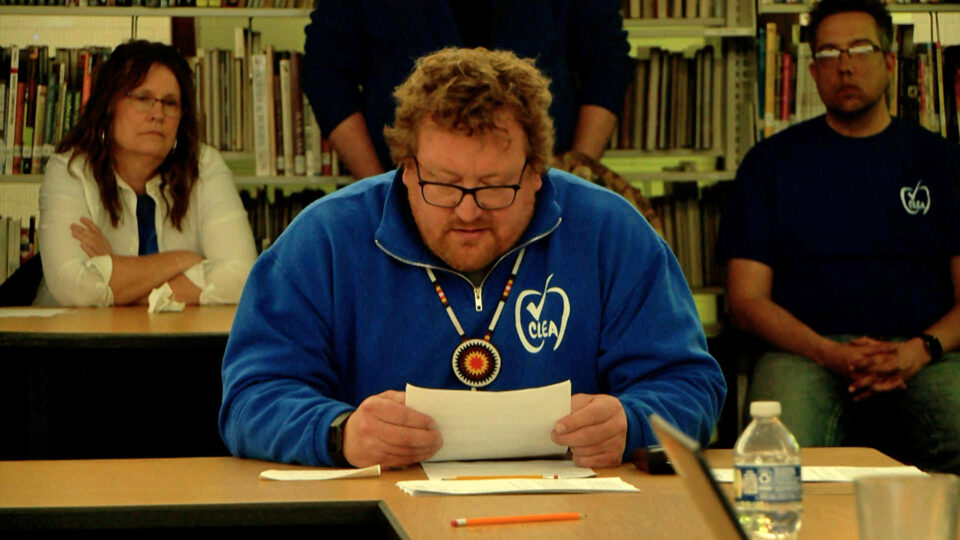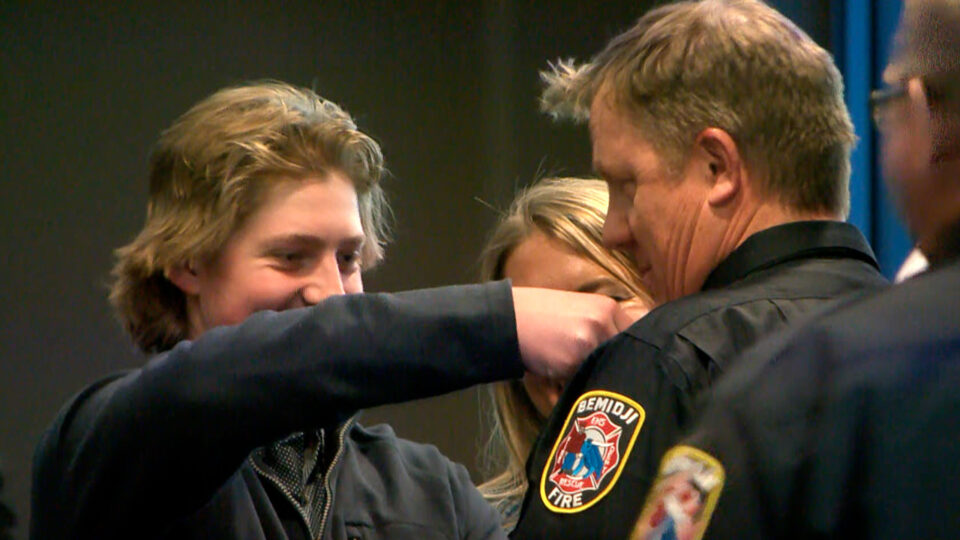Feb 9, 2023 | By: Hanky Hazelton
MN Pollution Control Agency Discusses Their Responsibilities, Goals at CLC Rosenmeier Forum
The deputy commissioner of the Minnesota Pollution Control Agency (MPCA) recently stopped by Central Lakes College in Brainerd to discuss what the agency offers and how they make decisions on key issues like climate change and air, water, and soil pollution in the state.
Deputy commissioner Peter Tester leads a number of employees with the mission to ensure every Minnesotan has clean air. At a Rosenmier Forum held at CLC earlier this week, Tester presented on what the agency does.
“We issue permits for discharges, land, air, water contaminants,” said Tester. “We enforce regulations by bringing enforcement actions. We have a strong education and pollution prevention program where we’re helping local businesses with grants and loans assistance to improve businesses and manufacturing units.”
Tester said as requested by the Minnesota governor, the MPCA’s mission is to start with the law and the facts regarding these areas.
“Walz has really said that the decisions that he wants agencies to make have to be based and grounded first and foremost in data and in the science,” explained Tester. “That’s the sort of rubric that he has asked all of our decisions to begin with.
Once those guidelines have been followed, there are three ways the agency will address pollution, which is to prevent it, manage it, and clean it up.
“Preventing it is the most effective, most efficient way of doing our job and by leading with policies and guidance that prevent pollution,” said Tester. “The second way is you can manage pollution, when the pollution has already occurred and we have to do something about it, but that is a secondary consideration to prevention. And then the third part is to clean it up, and you know, cleaning up when it can’t be managed or prevented is by far and away the most expensive part of managing environmental issues, and by the time we’re addressing pollution at this stage, the damage to the environment and the ecosystem to human health is already happened.”
Following the science and the rules, the agency also takes into account where their work is happening between its six different regions.
“Part of our decision-making philosophy is that, given … what we’re dealing with, the permits we’re issuing, the businesses we’re regulating, the money we are bringing to communities for everything from electric vehicles and infrastructure to community grants for recycling and composting, we need to know what is happening in the individual parts of the state so that we can interact with folks and collaborate,” stated Tester.







